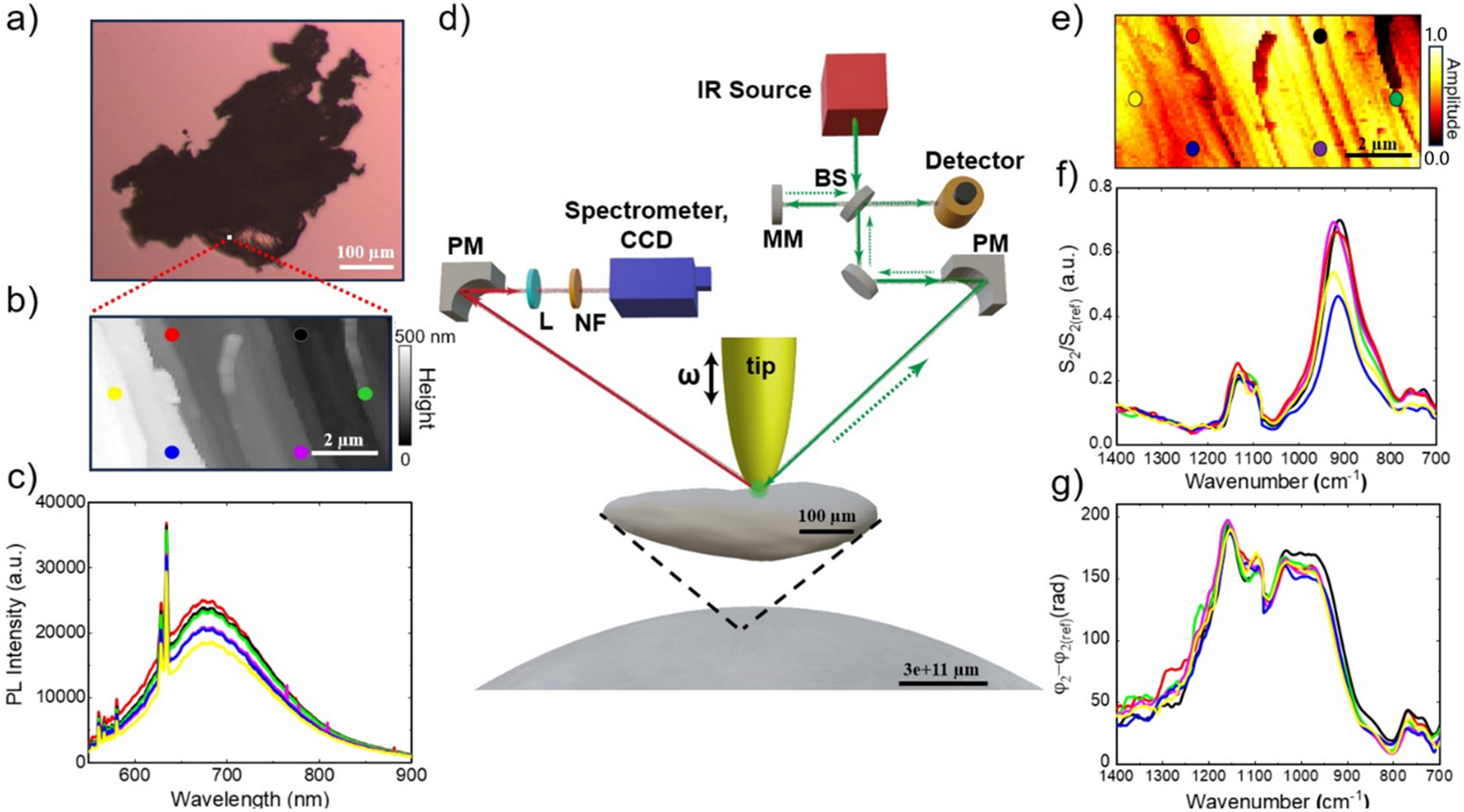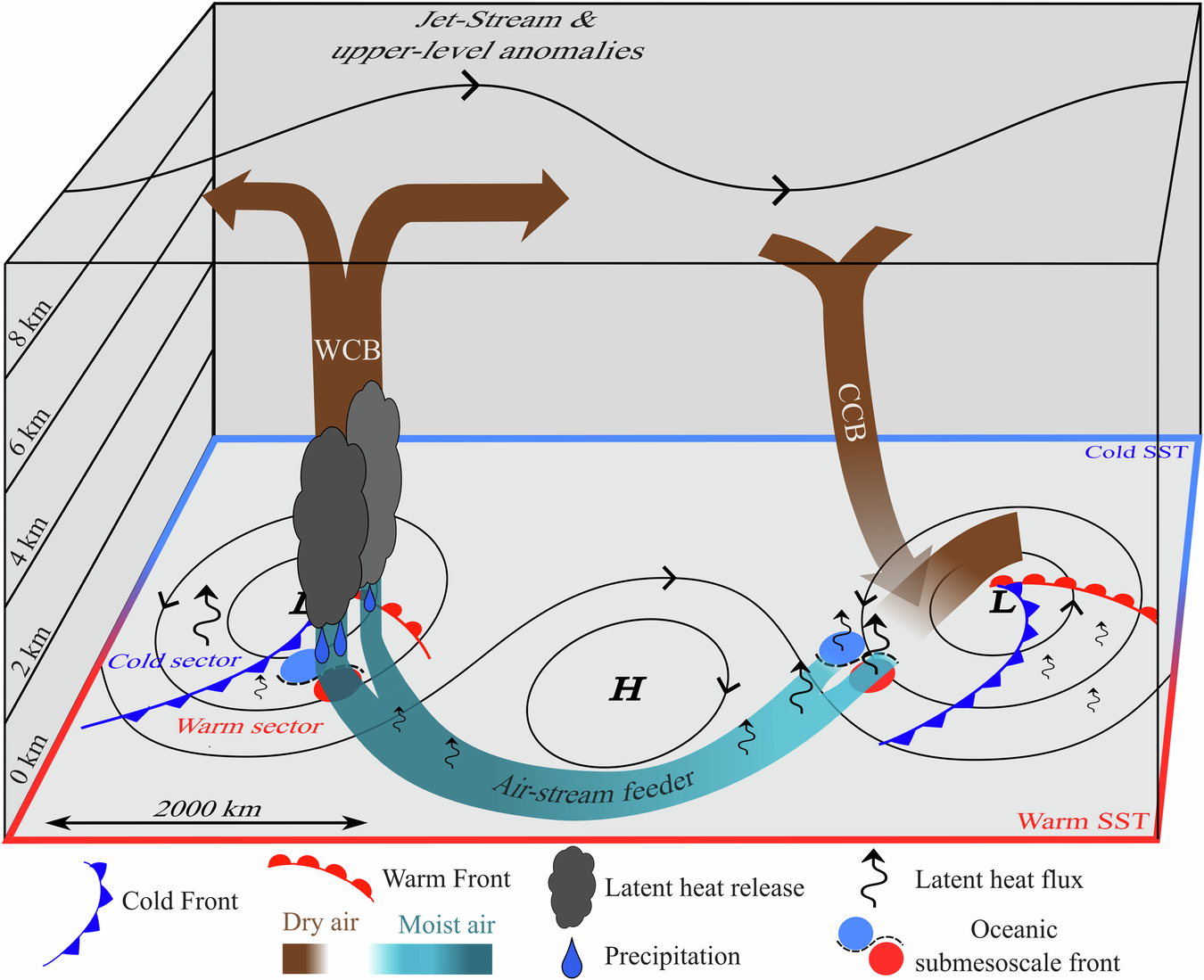2025-02-28 ジョージア工科大学 (GeorgiaTech)
<関連情報>
- https://research.gatech.edu/lunar-sample-research-could-help-protect-astronauts-and-uncover-origins-water-moon
- https://www.nature.com/articles/s41598-024-83392-6
月試料の宇宙風化のナノスケールでの特性評価 Nanoscale characterization of space weathering in lunar samples
A. M. Grice,P. C. Stancil,M. Ghafariasl,S. Singh,S. Gamage,M. J. Schaible,Y. Abate,K. Lang & T. M. Orlando
Scientific Reports Published:02 January 2025
DOI:https://doi.org/10.1038/s41598-024-83392-6

Abstract
Nanoscale Fourier transform infrared (Nano-FTIR) imaging and spectroscopy correlated with photoluminescence measurements of lunar Apollo samples with different surface radiation exposure histories reveal distinct physical and chemical differences associated with space weathering effects. Analysis of two sample fragments: an ilmenite basalt (12016) and an impact melt breccia (15445) show evidence of intrinsic or delivered Nd3+ and an amorphous silica glass component on exterior surfaces, whereas intrinsic Cr3+ and/or trapped electron states are limited to interior surfaces. Spatially localized 1050 cm−1/935 cm−1 band ratios in Nano-FTIR hyperspectral maps may further reflect impact-induced shock nanostructures, while shifts in silicate band positions indicate accumulated radiation damage at the nanoscale from prolonged space weathering due to micrometeorites, solar wind, energetic x-rays and cosmic ray bombardment. Our observations demonstrate that space weathering alterations of the surface of lunar samples at the nanoscale may provide a mechanism to distinguish lunar samples of variable surface exposure age.



